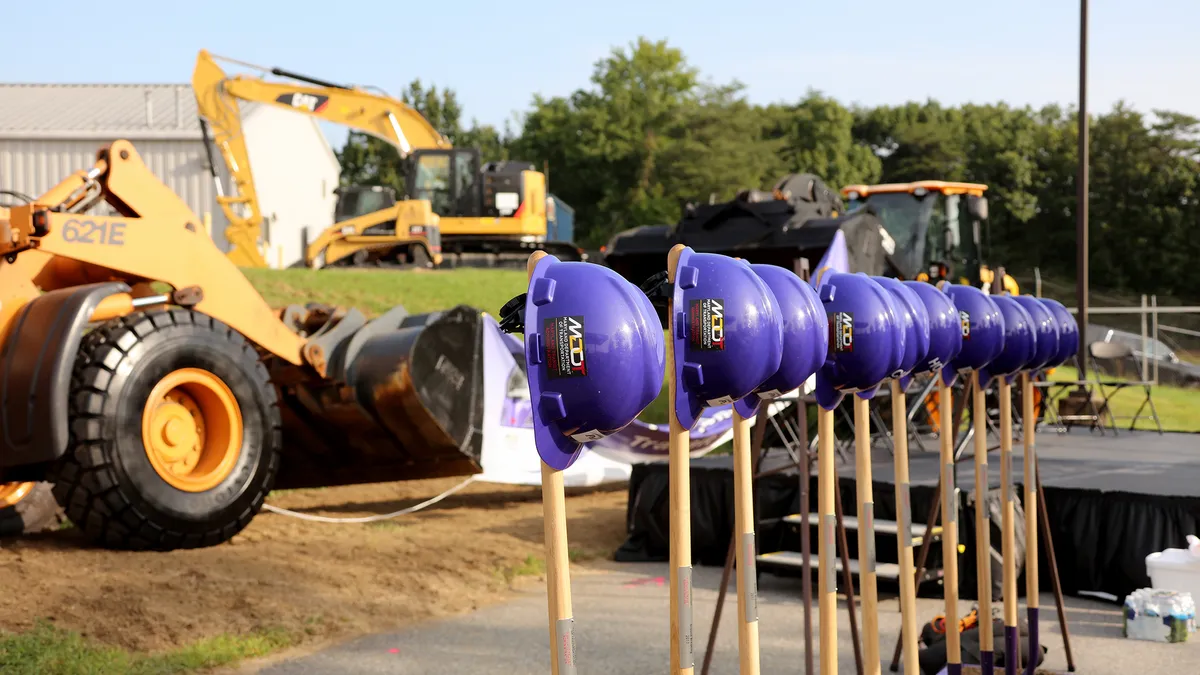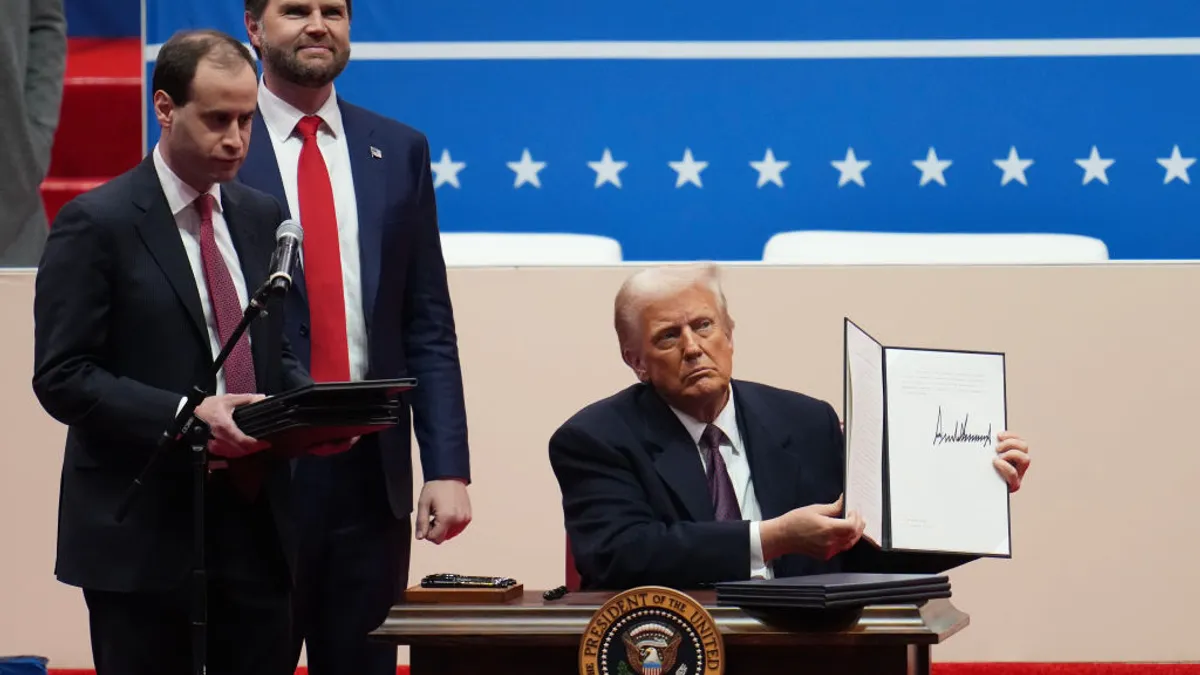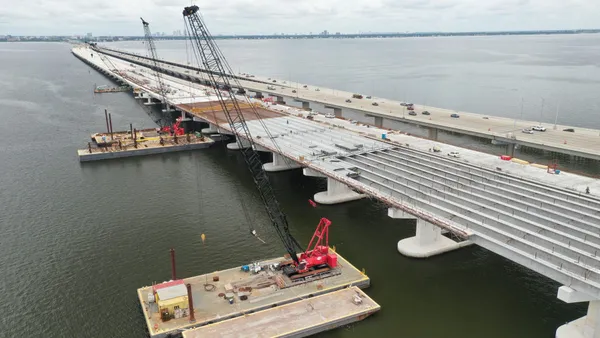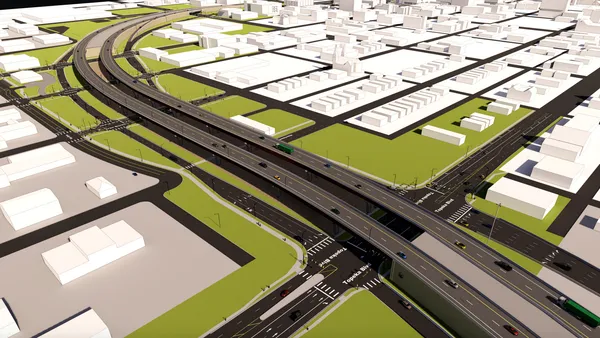UPDATE: January 18, 2019: The Friends of the Capital Crescent Trail advocacy group, along with two Chevy Chase, Maryland, residents, has filed its lawsuit against the Purple Line light-rail project, this one challenging a 2018 U.S. Army Corps of Engineers permit that allows the Maryland Department of Transportation to discharge dredge and fill materials into local streams and wetlands. The group maintains in the lawsuit that the permit is in violation of the federal Clean Water Act and is asking the the U.S. District Court in Maryland to invalidate it.
The lawsuit alleges that the MTA and Army Corps were required but failed to demonstrate that there was no practicable alternate to the Purple Line that would have achieved the same transit goals in the Maryland suburbs of Washington, D.C., yet not alter water or wetlands protected under the act.
The group is the same one that was successful in delaying the project for almost a year based on a previous lawsuit. Because of its legal action, U.S. District Judge Richard Leon revoked the Purple Line’s federal and state approvals based on what he considered to be inadequate information about potential ridership.
Dive Brief:
- The $5.6 billion, 16-mile Purple Line light-rail project in Maryland that eventually will provide access to the Washington, D.C., Metro system, will open at least one year behind schedule, and delays will cost approximately $215 million, according to documents obtained by The Washington Post.
- Purple Line Transit Partners (PLTP), which is part of a public-private partnership with Maryland's Transit Administration and DOT and is providing design, construction financing, operations and maintenance services for the new line, told state officials that a Feburary 2023 completion is possible if construction is accelerated. The previously anticipated finish date was March 2022, but the private consortium, which includes Meridiam Infrastructure, Fluor Corp. and Star America, told officials that service could be delayed as late as June 2024 if it cannot maintain an adequately aggressive building schedule. The documents don’t provide a breakdown as to where the additional costs could be added, but the total current construction budget is $2.4 billion.
- Up until as late as December, Maryland transportation officials have maintained that the line will open as scheduled in 2022. However, according to The Post, project correspondence between the state and PLTP indicates that delays and cost overruns — and determinations as to who is responsible for them — have been the subjects of negotiations for some time. Documents also supposedly revealed that the state has previously rejected PLTP’s proposed delayed opening dates, convinced that that the team could do more to step up progress and insinuating that PLTP was perhaps trying to use delays as an excuse to bill for acceleration fees.
Dive Insight:
In the vast majority of commercial construction contracts — and certainly one involving a project of the Purple Line’s size — there are clauses that specify which party is responsible for costs incurred as a result of various types of delays. It’s hard to imagine that the Purple Line could still be on schedule considering the obstacles it has had to overcome even to enter the construction phase.
In August 2016, a federal judge revoked the project’s approval just a few days before it was to receive a $900 million grant from the Federal Transit Administration. That came right after a local advocacy group filed a lawsuit on several grounds, including that Maryland transit officials did not consider Metro’s ridership in its own environmental review. Eventually, the courts cleared the way for the project to restart, with the FTA grant intact.
Construction crews were also up against a federal environmental regulation. The first court decision that reinstated the project’s approval came in July, but federal laws protecting migratory birds prevent deforestation from April through September.














